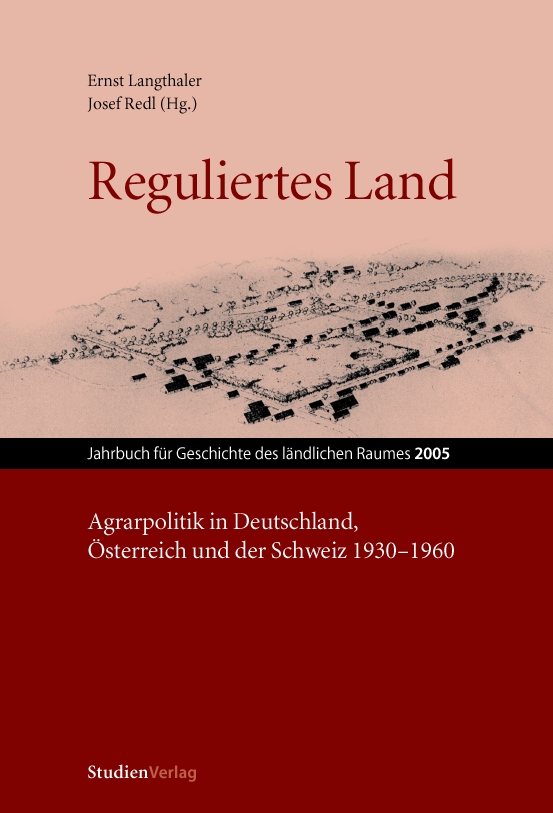From Market to Plan
The Agrarian Policy of the Austrian ‘Ständestaat’, 1934–1938
DOI:
https://doi.org/10.25365/rhy-2005-12Abstract
The project to redesign society along a pre-modernist corporative pattern, introduced to Austria in 1934–1938, produced extremely contradictory effects, not least at the economic policy level. A notable example is the farming sector. Here, an attempt was made to counteract the impact of the global agricultural crisis by way of sweeping interventionism. A course of rising customs duties and price subsidies was gradually expanded to include import bans, dumped export and production restrictions, and planned-economy elements began to be infused. In line with its function as an ideological model, farming was given preferential political treatment over other economic sectors, yet all those measures of protectionism were unable to solve the special problems suffered by farmers, such as lack of capital, excessive debt and a decline of sales in the domestic market.


